I’m a big fan of poppies. I love the way they combine delicate, papery petals with a tough, reliable disposition. While looking through my photos recently, I pulled these images of some of my favorite poppies.
Called “corn poppy” for its habit of popping up as a weed in grain fields in Europe,
Papaver rhoes (annual) is a weed most of us would be happy to have in our gardens. Like many poppies, it doesn’t transplant well, so it is best grown by sowing the seeds directly on the soil surface early in the spring or in the fall. It will grow rapidly in the cool spring weather, flower, and then die, but not before dropping many seeds that—if you don’t have too much mulch—will germinate again to carry on the show for next year.
Oriental poppy (
Papaver orientale, Zones 3–7) is a tough, incredibly long-lived perennial. Give it a little sun, and it will reward you with lovely blooms each spring.
The Moroccan poppy (
Papaver atlanticum ‘Flore Pleno’, Zones 5–10) is one of the easiest plants to grow I know. Give it full sun and decent drainage, and it will bloom more or less nonstop all season long. It sometimes takes a break if the temperatures get too hot in the middle of the summer, but then it picks up again, blooming as soon as cooler weather arrives. It also self-sows gently for me but has never become a weed.
Bread seed poppies (
Papaver somniferum) are another annual best sown in the fall or early spring, as they hate being transplanted. But give them open soil and a nice cool spring, and they will grow and bloom like crazy. There are many different types; this is one of the so-called peony flowered types, with fully double blooms and, in this case, dramatically fringed petal edges.
Another bread seed poppy, this one is of the variety ‘Flemish Antique’, which boasts incredible double blooms of petals that look hand-painted.
Close-up of the petals of ‘Flemish Antique’
Have a garden you’d like to share?
Have photos to share? We’d love to see your garden, a particular collection of plants you love, or a wonderful garden you had the chance to visit!
To submit, send 5-10 photos to GPOD@finegardening.com along with some information about the plants in the pictures and where you took the photos. We’d love to hear where you are located, how long you’ve been gardening, successes you are proud of, failures you learned from, hopes for the future, favorite plants, or funny stories from your garden.
If you want to send photos in separate emails to the GPOD email box that is just fine.
Have a mobile phone? Tag your photos on Facebook, Instagram or Twitter with #FineGardening!
You don’t have to be a professional garden photographer – check out our garden photography tips!
Do you receive the GPOD by email yet? Sign up here.
Fine Gardening Recommended Products
The Nature of Oaks: The Rich Ecology of Our Most Essential Native Trees
Fine Gardening receives a commission for items purchased through links on this site, including Amazon Associates and other affiliate advertising programs.
The Nature of Oaks reveals what is going on in oak trees month by month, highlighting the seasonal cycles of life, death, and renewal. From woodpeckers who collect and store hundreds of acorns for sustenance to the beauty of jewel caterpillars, Doug Tallamy illuminates and celebrates the wonders that occur right in our own backyards. He also shares practical advice about how to plant and care for an oak, along with information about the best oak species for your area.
Planting in a Post-Wild World: Designing Plant Communities for Resilient Landscapes
Fine Gardening receives a commission for items purchased through links on this site, including Amazon Associates and other affiliate advertising programs.
Featuring gorgeous photography and advice for landscapers, Planting in a Post-Wild World by Thomas Rainer and Claudia West is dedicated to the idea of a new nature—a hybrid of both the wild and the cultivated—that can nourish in our cities and suburbs.
Pruning Simplified: A Step-by-Step Guide to 50 Popular Trees and Shrubs
Fine Gardening receives a commission for items purchased through links on this site, including Amazon Associates and other affiliate advertising programs.
Pruning Simplified shows you exactly how to do it. This must-have guide offers expert advice on the best tools for the job, specific details on when to prune, and clear instructions on how to prune. Profiles of the 50 most popular trees and shrubs—including azaleas, camellias, clematis, hydrangeas, and more—include illustrated, easy-to-follow instructions that will ensure you make the right cut the first time.
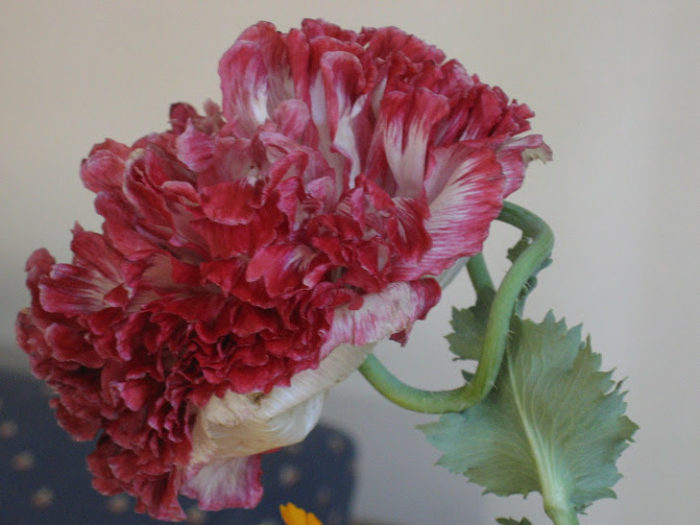






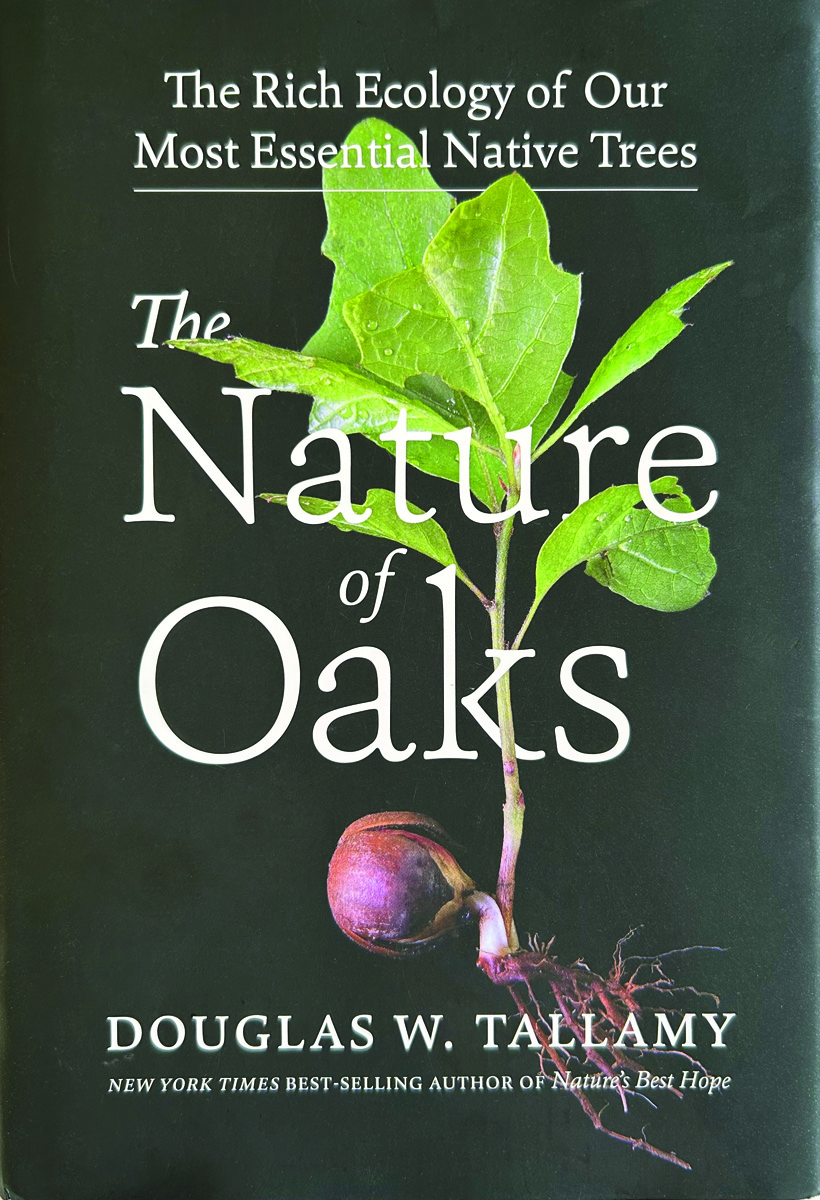
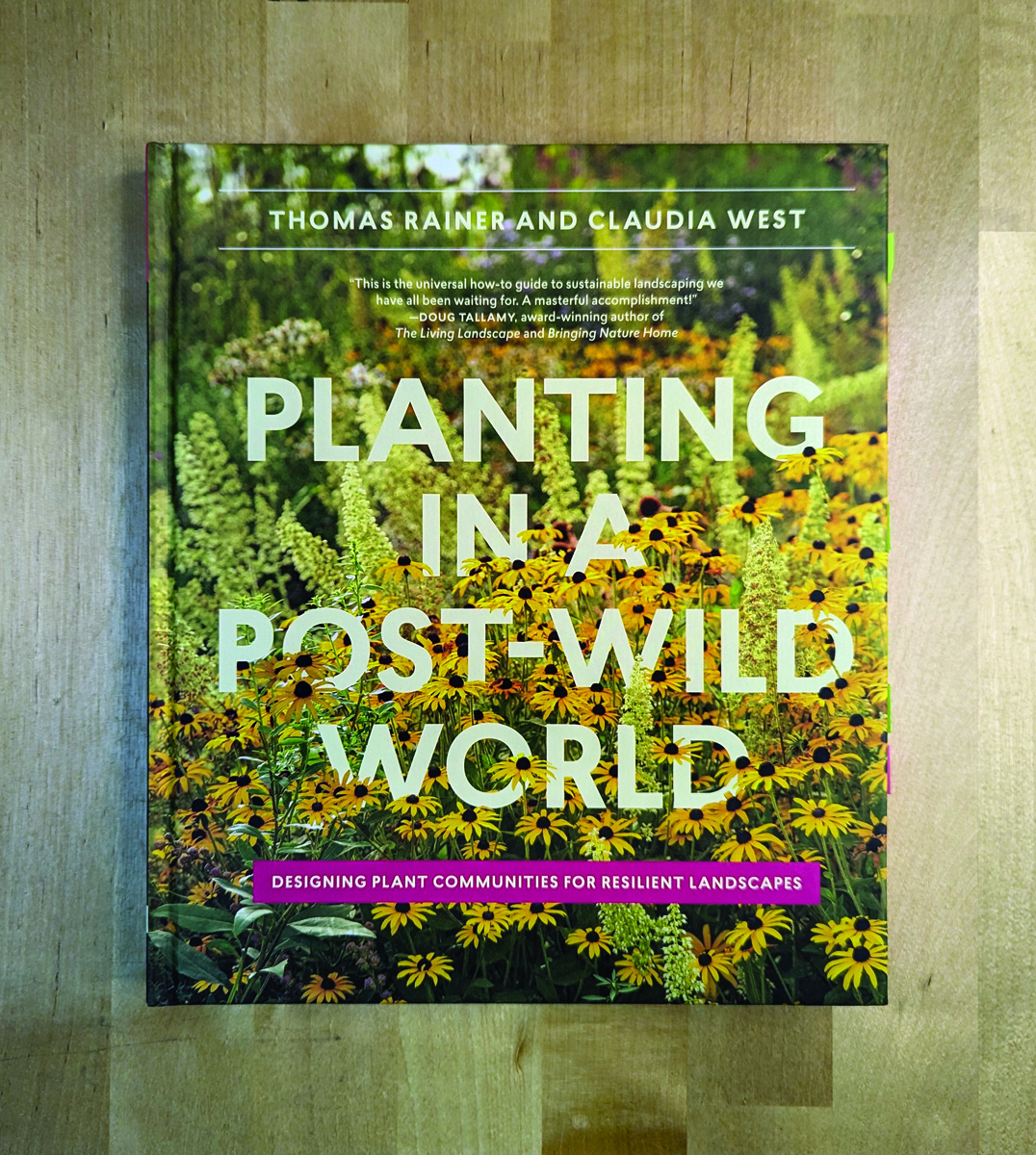
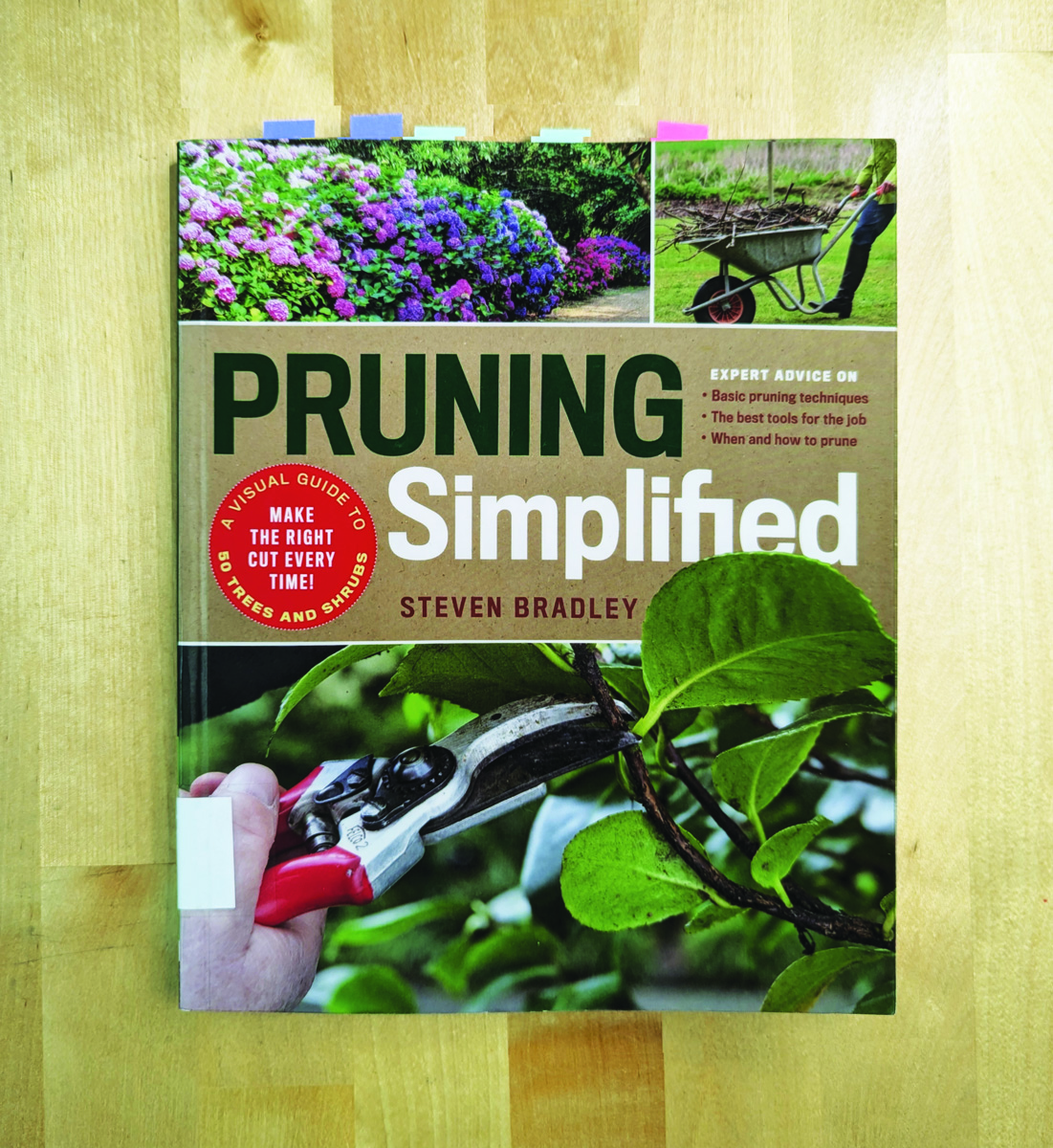


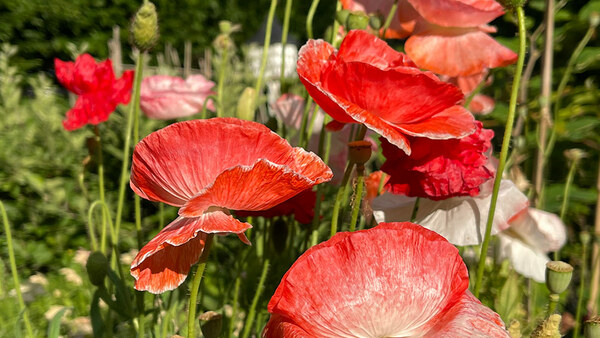


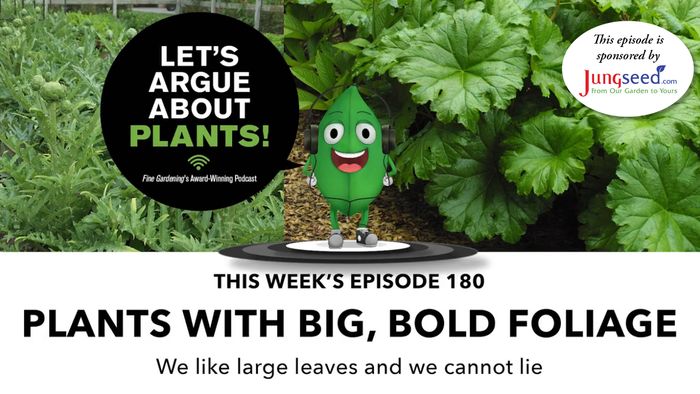
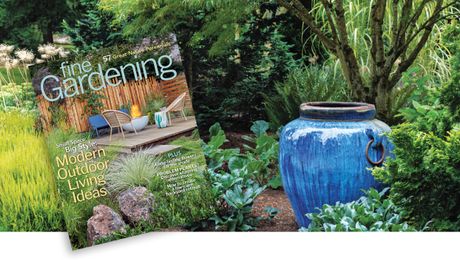
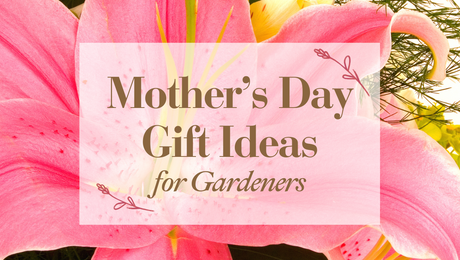










Comments
Love poppies but in zone 8b deep south, they don't love me back. But I have several packs of corn & California poppies that I plan to sow pretty soon. Fingers crossed, I will have poppies this spring.
I love poppies, too, but my first venture into growing them (Lauren's Grape) yielded beautiful flowers that lasted only a few hours - they would open during the night, and dropped all their petals by 11 am. We are zone 6 - any suggestions, you other GPOD'ers?
It's fun and interesting to see some of the multi layered petal types of poppies. They are so frilly and fancy. I guess I have some of the "corn poppy". They do reseed pretty generously in my zone 6b-7a garden and I always let a few of the seedbeds mature to maintain a reoccurring "crop".
Log in or create an account to post a comment.
Sign up Log in